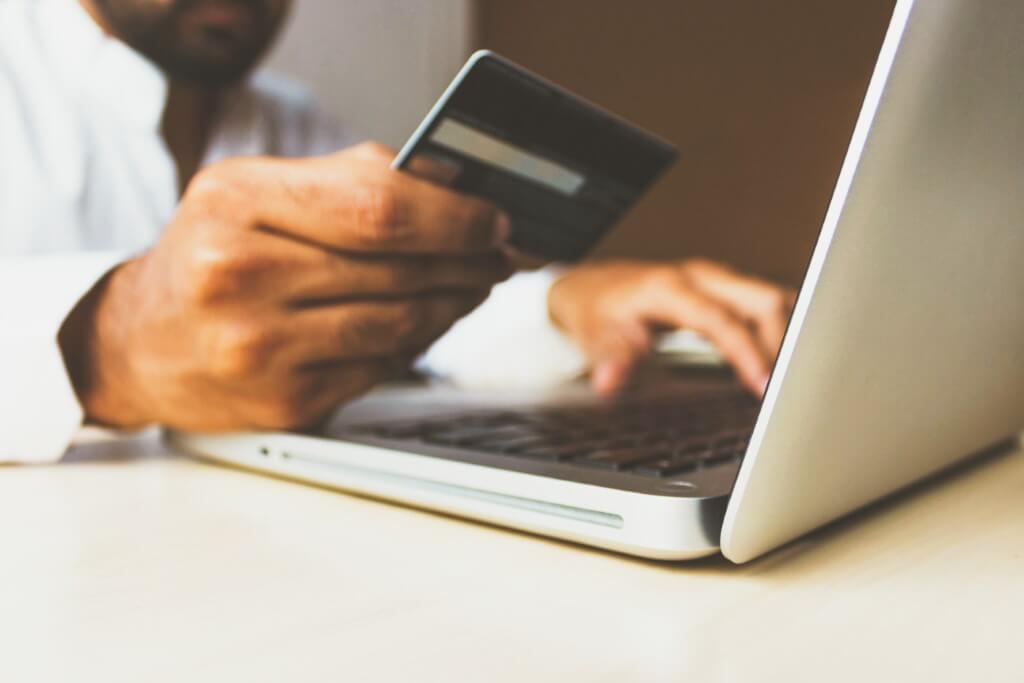Digital Payments vs Cash: The Future of Transactions
A Modern Shift in Payment Methods We’re living in a time where technology challenges traditional practices at every corner. You, like many others, might find yourself reaching for your smartphone more often than your wallet. But why is that? And is this shift beneficial?
The Convenience Quotient When you tap your phone or smartwatch at a store’s payment terminal, you’re participating in a worldwide trend. Digital payments provide immediate gratification. No fumbling for change, no waiting for cashiers to count bills. You walk in, make your purchase, and walk out. It’s as seamless as shopping can get.
Safety in Numbers (and Encryptions) For many, safety might be a concern when using digital payments. What if your data gets stolen? However, if you’ve ever lost your wallet, you understand the panic of potentially losing cash that can’t be reclaimed. Digital payments, on the other hand, come with layers of encryption. Lost your phone? Lock it. Noticed an unauthorized payment? Flag it. These protective layers ensure that your hard-earned money stays safe.
Tangible Cash and Its Lasting Impact Despite the increasing dominance of digital payments, cash holds an undeniable charm. For some, the tactile experience of handling money is comforting. It gives a sense of control, a tangible representation of your finances. There’s no waiting for app updates, no internet required. For many, this simplicity is unmatched.
Global Trends, Universal Results While some regions are faster to adopt digital payments than others, the trend is clear: digital is on the rise. However, this doesn’t spell the doom for cash. In many regions, especially where internet access is spotty or trust in tech is low, cash remains king. But for you, the urban dweller with constant connectivity, digital might just be the way forward.
The Verdict So, where does this leave you and your transaction choices? Both digital payments and cash have their merits. While the former offers unmatched convenience and security layers, the latter provides a sense of tangibility and trust. The choice, ultimately, lies in what you prioritize.
The Allure of Digital: Convenience and Security
Convenience in a Digital Age When you think about convenience in today’s fast-paced world, digital payments immediately come to mind. The days of cumbersome credit checks or limitations on the amounts you can transfer are behind us. With digital payments, transactions are straightforward. There’s no fretting over having the right change or worrying about handling large sums of cash. You simply tap, swipe, or click, and within seconds, even considerable amounts are transacted. This ease isn’t just about speed; it’s about the freedom from unnecessary fees and the simplicity of the process.
Safety: The Digital Edge Now, let’s delve into security, a paramount concern for many. The risk associated with physical cash, especially when it’s stored in vulnerable places like cash registers or bags, is palpable. How many times have you heard stories of lost wallets or pilfered cash boxes? In contrast, while electronic payment methods can also be vulnerable, their inherent risks are markedly less dire. If your digital wallet or card details fall into the wrong hands, protective measures kick in. You can lock accounts, flag suspicious activities, and even revert unauthorized transactions in some cases. This level of control is something cash simply cannot offer.
Benefits That Resonate Across Borders Though the global shift towards digital payments is undeniable, it’s pertinent to understand its impact locally. For instance, in South Africa, where both urban and rural populations have their unique challenges, the benefits of digital payments are evident. Let’s look at two significant advantages:
- Rapid Transactions: Regardless of where you are in South Africa, digital payments promise speed. Whether it’s UPI or Debit Cards, these methods ensure that money moves swiftly, often in just a few seconds. This efficiency isn’t merely about urban convenience; it’s a lifeline in areas where banking infrastructure might be sparse but mobile connectivity is on the rise.
- Enhanced Security: Reiterating the global trend, new-age payment systems in South Africa also prioritize security. With increasing digital literacy and infrastructure, there’s an emphasis on ensuring that these systems are not just fast, but also safe. Encryption standards, OTP authentications, and regular security updates are now the norm, giving users confidence in their transactions.
Your Tomorrow: The Digital Payment Evolution The shift from physical cash to digital payments isn’t merely a trend—it’s a transformative movement that’s reshaping economies and personal finance habits. For you, this might mean a change in how you conduct daily transactions, save, or even budget. So, what does this future hold for you and your finances?
Everyday Ease with Digital Transactions Imagine a day where you no longer need to rummage through your wallet for that elusive five-rand coin or queue at ATMs. The evolving digital payment landscape is geared towards making your daily transactions smoother. From paying for your morning coffee to settling monthly bills, everything is just a click away. As services integrate more seamlessly with these payment methods, your daily routine could see increased efficiency, leaving you with more time for things that matter.
A Safe Haven for Your Finances Your hard-earned money deserves top-tier security. With digital payments, you’re not just getting convenience, but also enhanced safety features. Biometrics, multi-factor authentication, and encrypted transactions are all working behind the scenes to ensure your financial safety. So, while the wallet thefts and pickpocketing incidents might be a concern with cash, digital transactions equip you with tools to keep your finances secure. Your future self will thank you for embracing this shielded way of managing money.
Building Financial Insight One underrated benefit of the digital payment evolution is the insight you gain into your spending habits. With real-time tracking, categorization, and spending analysis features offered by many digital platforms, you’re not just spending; you’re understanding. This awareness can be invaluable in shaping your financial future, helping you save better, spend wisely, and invest strategically.
Global Meets Local: A South African Perspective While the global wave of digitalization is evident, its implications for South Africa are unique. Digital payments could bridge the urban-rural divide, offering individuals in remote areas a chance to participate in the formal economy. For you, this might mean expanded business opportunities, easier cross-province transactions, and a stronger, more inclusive economy.
The transformative wave of moving from cash to digital payments is reshaping both global economies and individual financial habits. For the everyday individual, digital payments promise unparalleled convenience, eliminating the cumbersome aspects of cash transactions and offering efficiency in their place. Think fewer queues and more time for what truly matters.
But it’s not just about ease; it’s about security. The digital realm arms you with advanced protective measures, from biometrics to encrypted transactions, ensuring your finances are shielded from potential risks. Contrarily, while cash presents tangible threats like thefts, digital transactions give you control and peace of mind.
Moreover, the digital shift isn’t just transactional; it’s informative. With these platforms, you gain insights into your spending, fostering informed financial decisions for a prosperous future. Particularly in South Africa, the move to digital could serve as a bridge, linking varied parts of the nation and promoting economic inclusivity.



